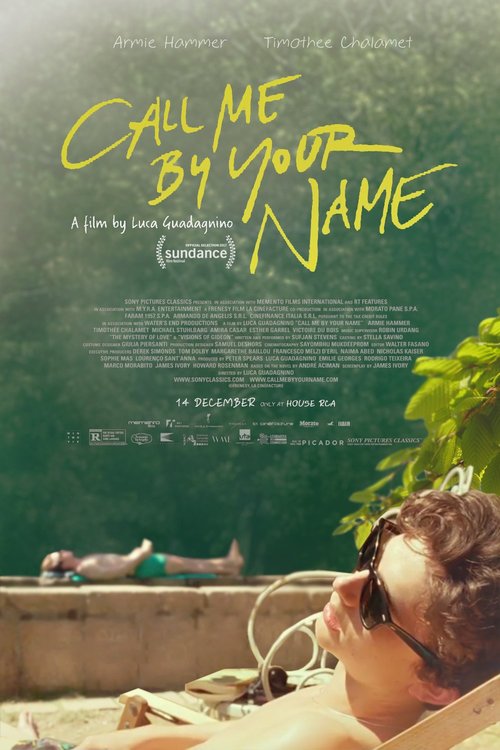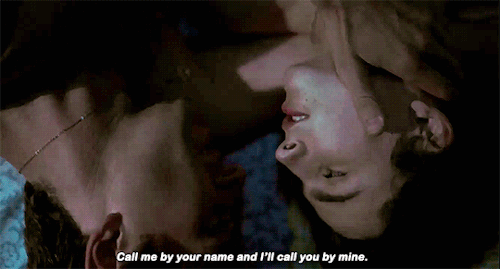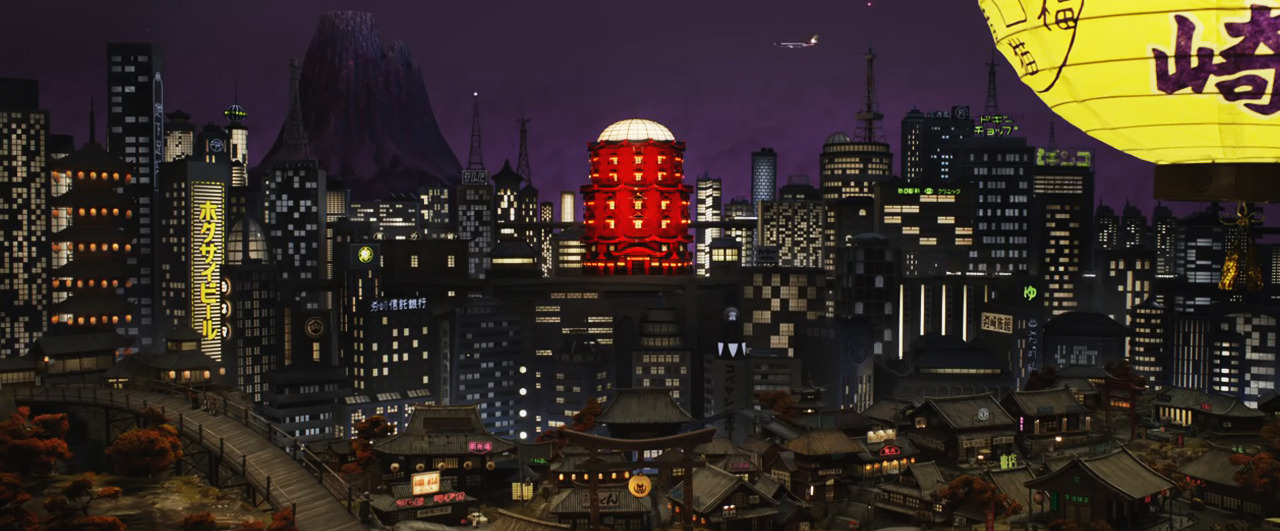 “The usurper,” Elio calls Oliver from his upstairs window – the openings lines of the film.
“The usurper,” Elio calls Oliver from his upstairs window – the openings lines of the film.
We watch this infamous Oliver, an American graduate student, arrive at their summer home to aid Elio’s father in archaeological research. He’s keenly named usurper, as he takes Elio’s room and supplants life as they would know for the next six weeks. And in the languid landscapes of Northern Italy, the days bleeding into each other, six weeks seems like a paradise stretching on forever; as long as summer lives, so does their time together.
But in the end, Call Me by Your Name is about a moment of tangency. It’s about a complex relationship, detached from real life, simplified by the bubble of time it occupies. Luca Guadagnino carves immense detail from this solstice haze, a fervent intensity as the seventeen year old Elio explores a first love and Oliver reciprocates with passionate abandon. Moments of pleasure are impeded by their imminent departure, and in a scene where Oliver teases Elio with the threat of biting into an erogenous peach, the latter begins to cry as their relationship becomes deeper, and the transience of it more corporal.
Summer is the spine of them. Their growth, melded to green scenery, sunbathers, swims in the river – trees ripe with apricots, the sun hitting water – these are beautiful things, but they are not melodramatic things, not otherworldly nor terrific. Call Me by Your Name is not a perfect, cinematic love story, glossy with theatrics. But like the music sheets stuffed into Elio’s backpack, papers tucked away in books, the little notes slipped underneath doors – there’s something messy but sincere to Elio and Oliver.
 Love is hard. Loss is pervasive; loneliness is a million miles deep. The summer days turn into snow, to scarves and candlelight, to a phone call, and maybe to the end of something good. But life goes on.
Love is hard. Loss is pervasive; loneliness is a million miles deep. The summer days turn into snow, to scarves and candlelight, to a phone call, and maybe to the end of something good. But life goes on.
It’s only at the end of the film, when they exchange their names over the phone for the last time, that the revelation of the moment feels unfair. No longer wearing the rose-colored glasses of summer, reality hits like the winter and the viewers can feel the injustice of this unrequited love, the imbalance of Elio’s heartbreak. We remember that Elio is only seventeen when he asks his mother to pick him up from the train station, when he cries in the car, when he makes honest mistakes, a vulnerability that exists delicately.
Timothée Chalamet is a natural here, playing all the complexities of his precocious character: effortlessly talented but lacking awareness, knowledgeable but young, introverted but mischievous. In the last four minutes of the film, guided by Sufjan Stevens’ carefully crafted soundtrack, Timothée Chalamet does the remarkable job of holding an audience all the way through the credits and long after the movie ends.
Despite my only misgiving in that the turnover of their relationship was almost too quick, Call Me by Your Name is a lovely and detailed portrait of a relationship. It’s beautiful to watch even in a pure aesthetic sense, with gorgeous palettes of the Italian countryside, intimately filmed moments, and an incredible soundtrack – the backdrop to something both universally sweet and utterly heartbreaking. As Elio whispers “Elio, Elio, Elio,” waiting for the last time he hears Oliver, the film leaves you to reflect on all the moments, good or bad, in those six weeks – a summer usurped for a lifetime.

Watch Call Me by Your Name at the newly re-opened State Theatre! Tickets are $8.













 “The usurper,” Elio calls Oliver from his upstairs window – the openings lines of the film.
“The usurper,” Elio calls Oliver from his upstairs window – the openings lines of the film.  Love is hard. Loss is pervasive; loneliness is a million miles deep. The summer days turn into snow, to scarves and candlelight, to a phone call, and maybe to the end of something good. But life goes on.
Love is hard. Loss is pervasive; loneliness is a million miles deep. The summer days turn into snow, to scarves and candlelight, to a phone call, and maybe to the end of something good. But life goes on. 
